For many, zoning regulations seem about as interesting as soy candles and Soviet romance novels. However, zoning can have major impacts on our economy and future housing market developments. These rules which regulate the sorts of development that can take place on specific parcels of land have consequences that reach far beyond the mere aesthetics of a town or city’s skyline.
When a city or county government adopts a zoning ordinance, that ordinance will dictate the acceptable structures and methods of land use for real property inside the various zoning designations. For this reason, zoning maps can be a useful tool in providing visualizations of the various zones throughout a jurisdiction. Such zoning maps are typically available to the public through city websites or by contacting the city’s planning board.
Zoning and land use typically go hand-in-hand. Zoning designates specific areas for residential, commercial, industrial, and recreational purposes. This helps with community organization as well as preventing incompatible land uses that could negatively impact the quality of life for residents.
Planning can make or break an area. Good planning will account for future population growth and change in the city’s regional character. On the other hand, a lack of planning can result in a meandering labyrinth of interwoven roads and an unusual distribution of buildings where factories may exist intermingled with apartment complexes and single-family homes.
However, properly zoned areas can positively affect the character of a community. The zoning regulations that an area has can preserve and enhance the unique character and culture of local neighborhoods. For example, zoning can be used to sustain the aesthetics and historic features of one neighborhood while promoting a vibrant and burgeoning culture in another. Zoning can shape such aesthetics as well as influence local market trends.
Zoning also impacts infrastructure and transportation. A thoughtfully zoned area can help manage traffic flow and congestion by regulating the location and density of commercial and industrial developments. Proper zoning can contribute to efficient transportation planning and reduce the impact of traffic on residential areas. Along the same lines, zoning plays a role in infrastructure planning by ensuring that new developments are adequately serviced by utilities, roads, and other essential services. Such zoning helps prevent overloading of existing infrastructure and promotes sustainable growth.
Beyond this, zoning laws also exert a significant impact on social dynamics and inclusivity. If done with the proper intentions, zoning can help to alleviate social and economic disparities. Zoning decisions can either foster or hinder social integration, affecting the cohesiveness and diversity of neighborhoods.
Moreover, zoning also plays a crucial role in promoting economic vitality. By delineating zones for various uses – that is, by establishing certain areas for residential, industrial, or business purposes – zoning regulations can stimulate economic growth, attract investment, and create employment opportunities. Strategic zoning can advance and facilitate the economic resilience of an area by promoting mixed-use developments that integrate residential, commercial, and recreational spaces. Well-crafted zoning policies can create a fertile environment for businesses to thrive in local markets.
When asked her thoughts on the importance of zoning regulations, SCCAR President Gina Akins was quoted saying, “zoning is incredibly important to our business. Nothing gets built unless it adheres to the zoning regulations adopted by an area, so it’s important that any zoning regulations which are adopted are written both thoughtfully and fairly.”
Zoning matters. Whether one is a developer, an agent, or an aspiring homeowner, that’s why it is important to understand the significance of zoning in your area.
For more information about buying or selling a home, be sure to work with a REALTOR®, a member of the National Association of REALTORS®. Snohomish County Camano Association of REALTORS® is the voice for real estate in Snohomish County. If you have questions for The Expert about real estate email us at [email protected], or visit www.sccar.org for more information.



